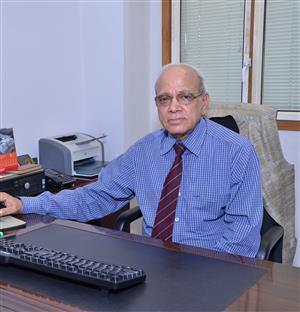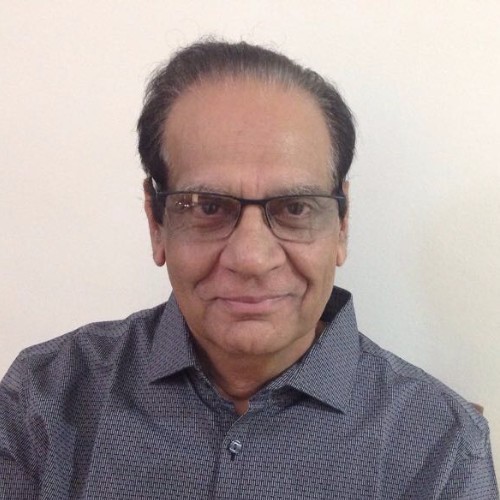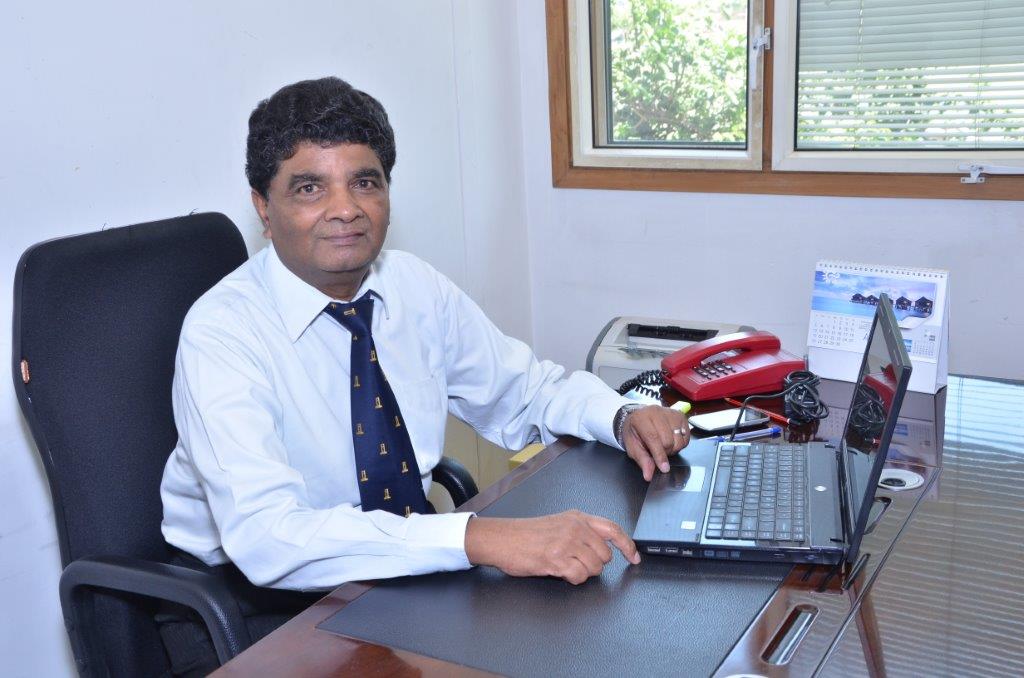Team IIHMR
Dr. Sutapa Bandyopadhyay Neogi
Director
Dr. Anandhi Ramachandran
Professor
Dr. Preetha G. S.
Professor & Dean (Research)
Dr. Nishikant Bele
Associate Professor
Dr. Praveen Kumar
Associate Professor
Dr. Vinay Tripathi
Associate Professor
Dr. Sumesh Kumar
Associate Professor & Associate Dean (Academics & Student Affairs)
Dr. Pankaj Talreja
Associate Professor & Controller of Examinations
Dr. Ekta Saroha
Associate Professor
Dr. Shweta Sagar
Assistant Professor
Himanshu Tolani
Assistant Professor
Pijush Kanti Khan
Assistant Professor
Divya Aggarwal
Assistant Professor & Associate Dean (Admission, Accreditation and Marketing)
Dr. Sumant Swain
Assistant Professor
Dr. Sidharth Sekhar Mishra
Assistant Professor
Dr. Rupsa Banerjee
Assistant Professors
Dr. Rohini Ruhil
Assistant Professor
Dr. Mukesh Ravi Raushan
Assistant Professor
Dr. Sukesh Bhardwaj
Assistant Professor
Dr. Altaf Yousuf Mir
Assistant Professor
Dr. Ratika Samtani
Assistant Professor
Dr. Ashok K Agarwal
Adjunct Faculty
Dr. Satish Kumar
Adjunct Faculty
Dr. A. K. Khokhar
Adjunct Faculty


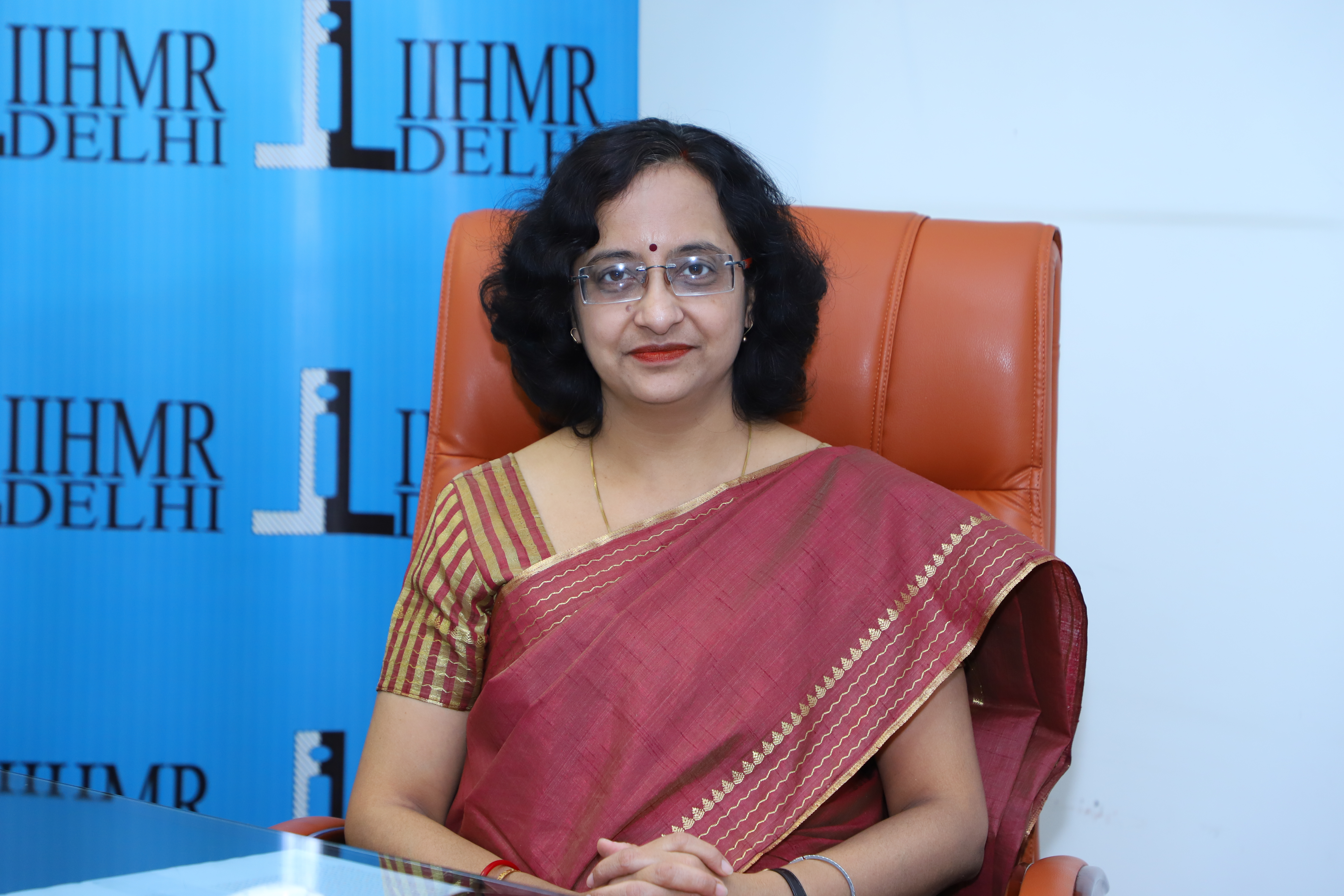
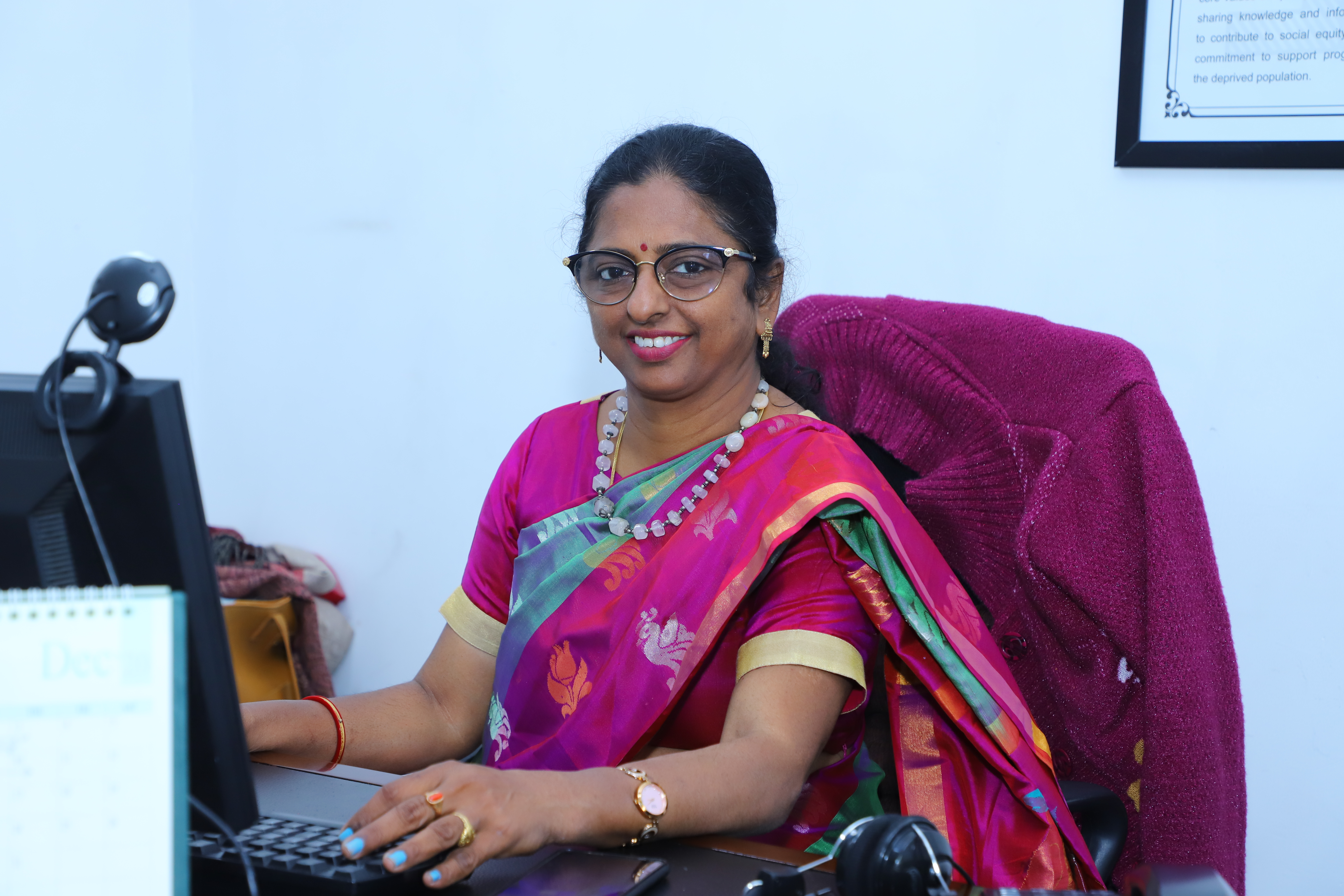
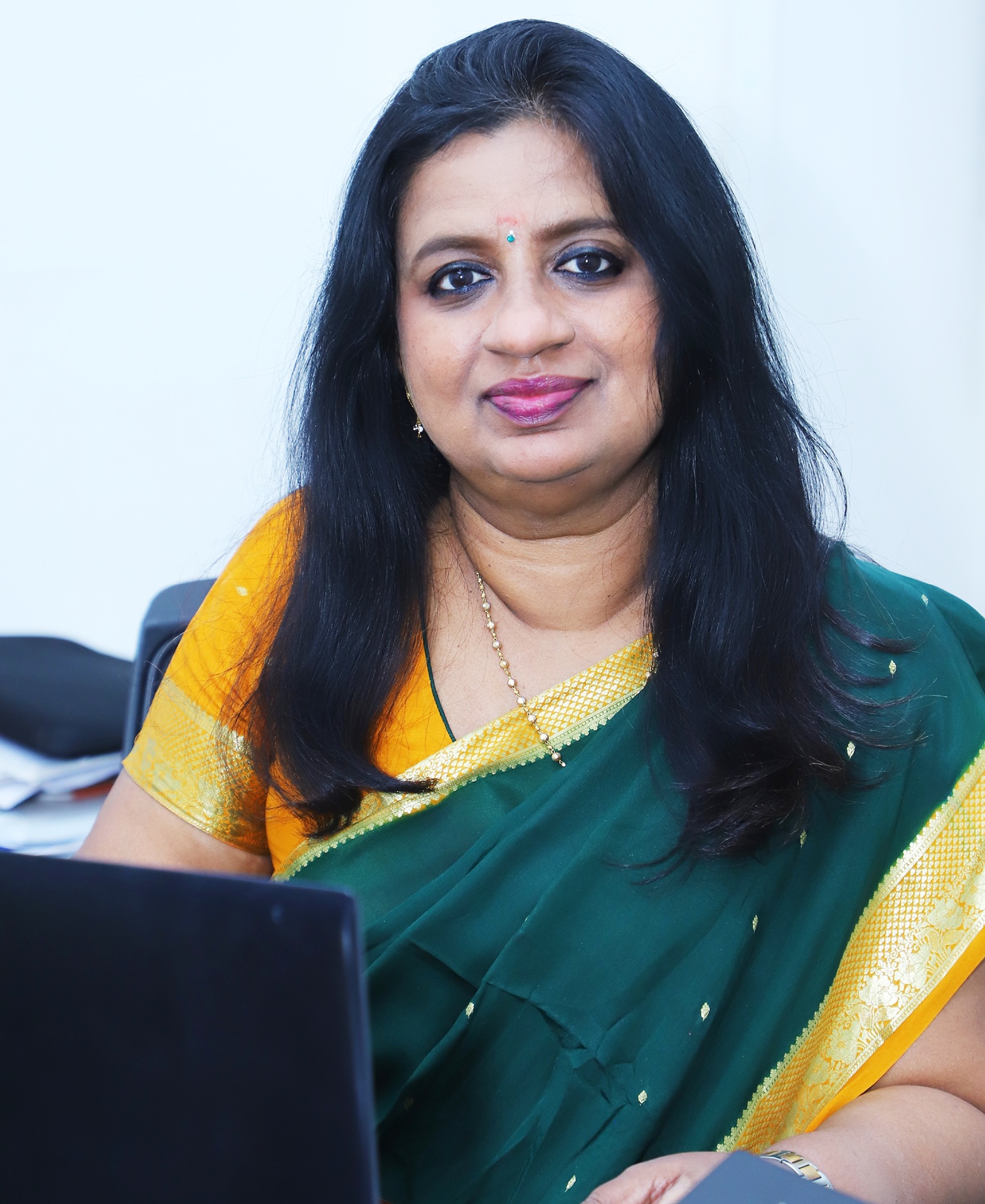
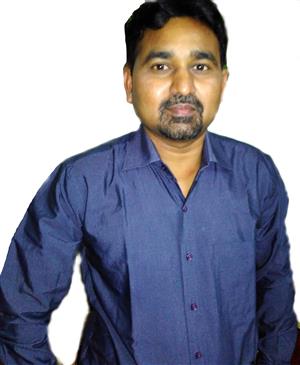
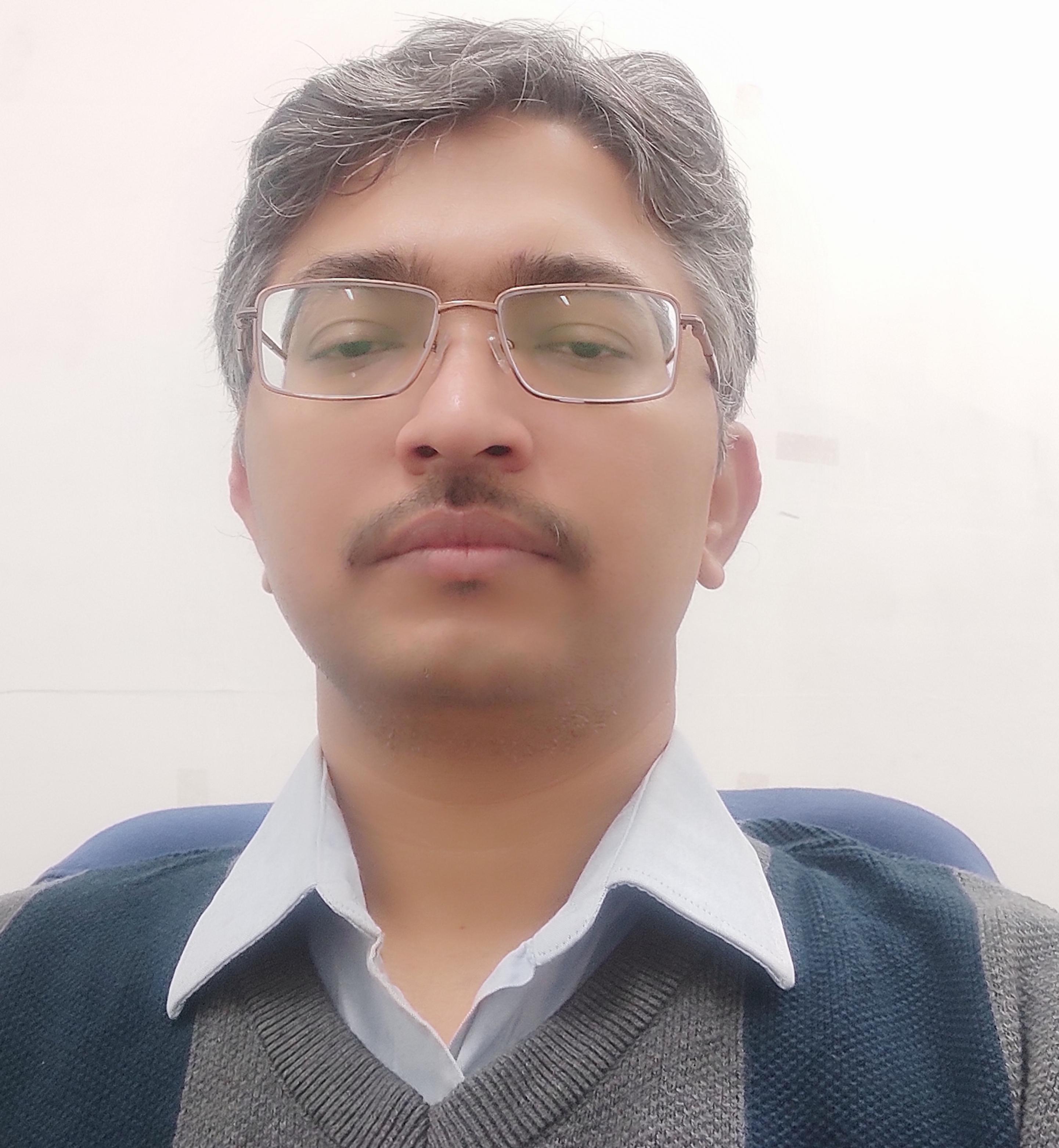
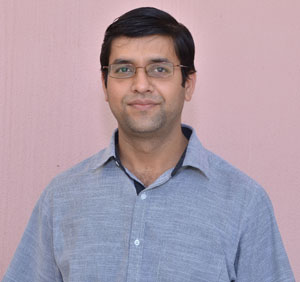
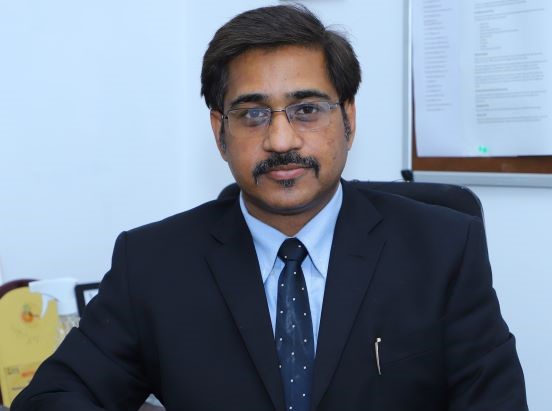
.jpg)
.jpg)
.jpg)

.jpg)
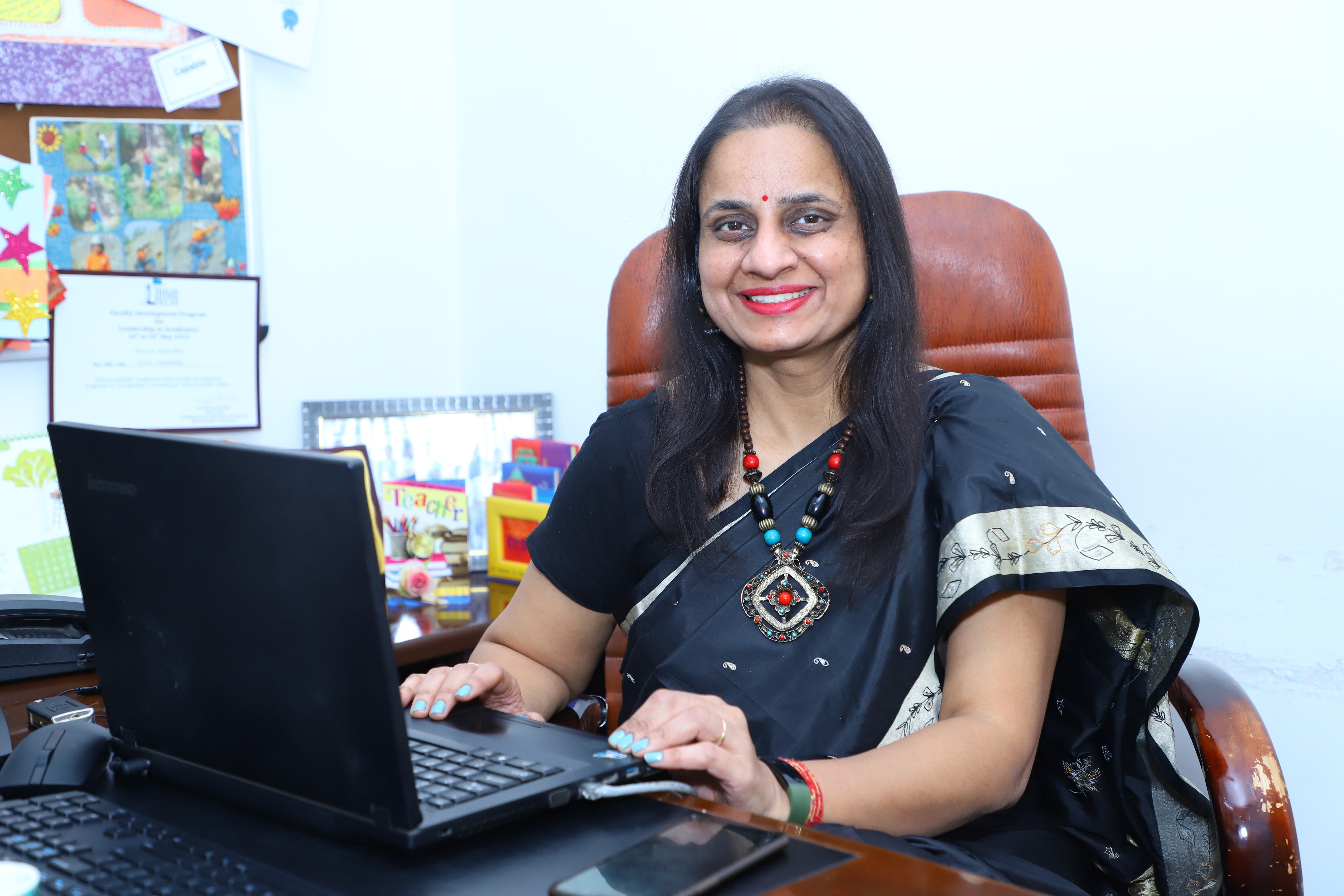
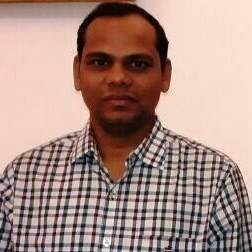
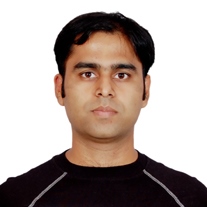
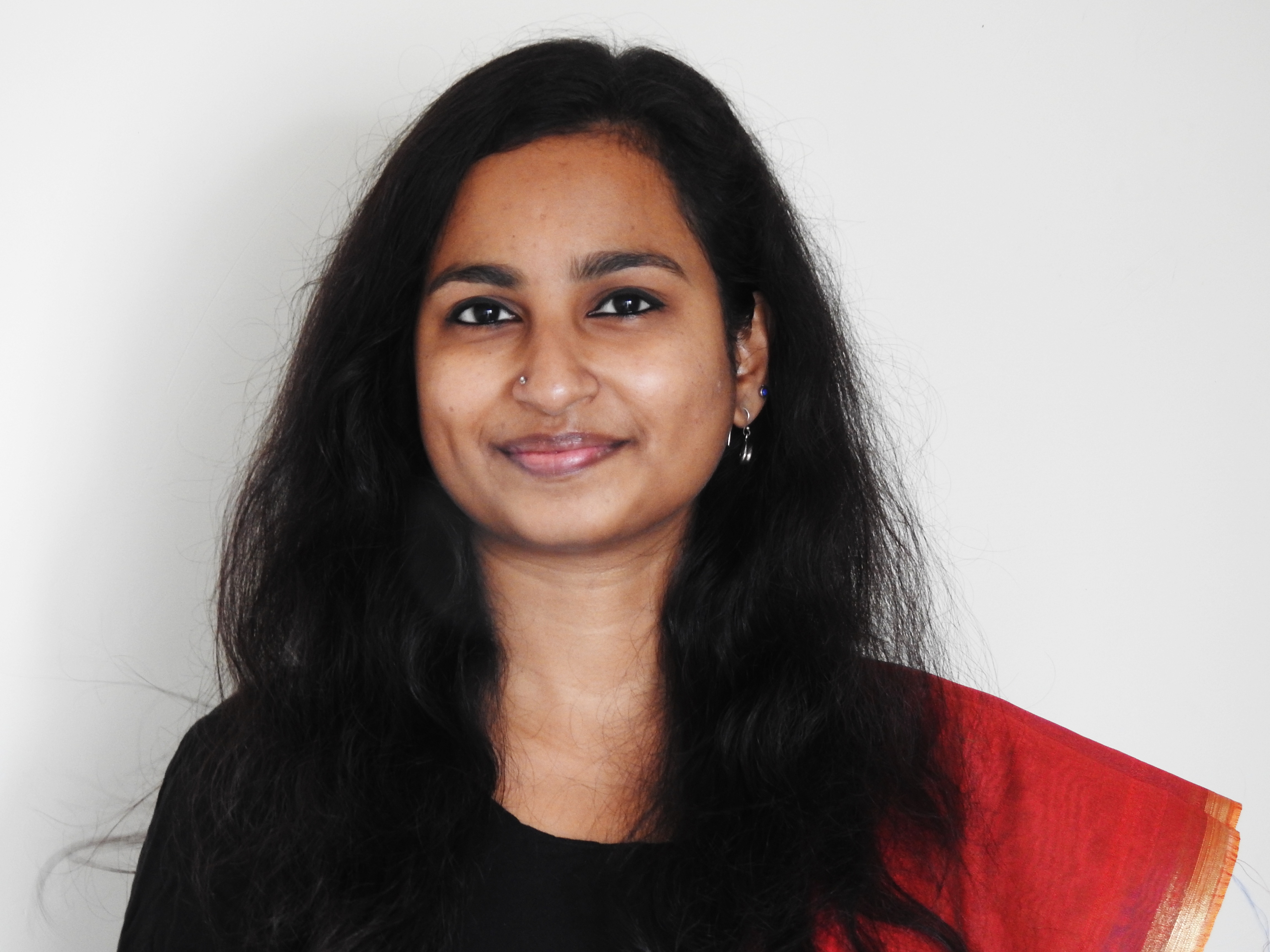
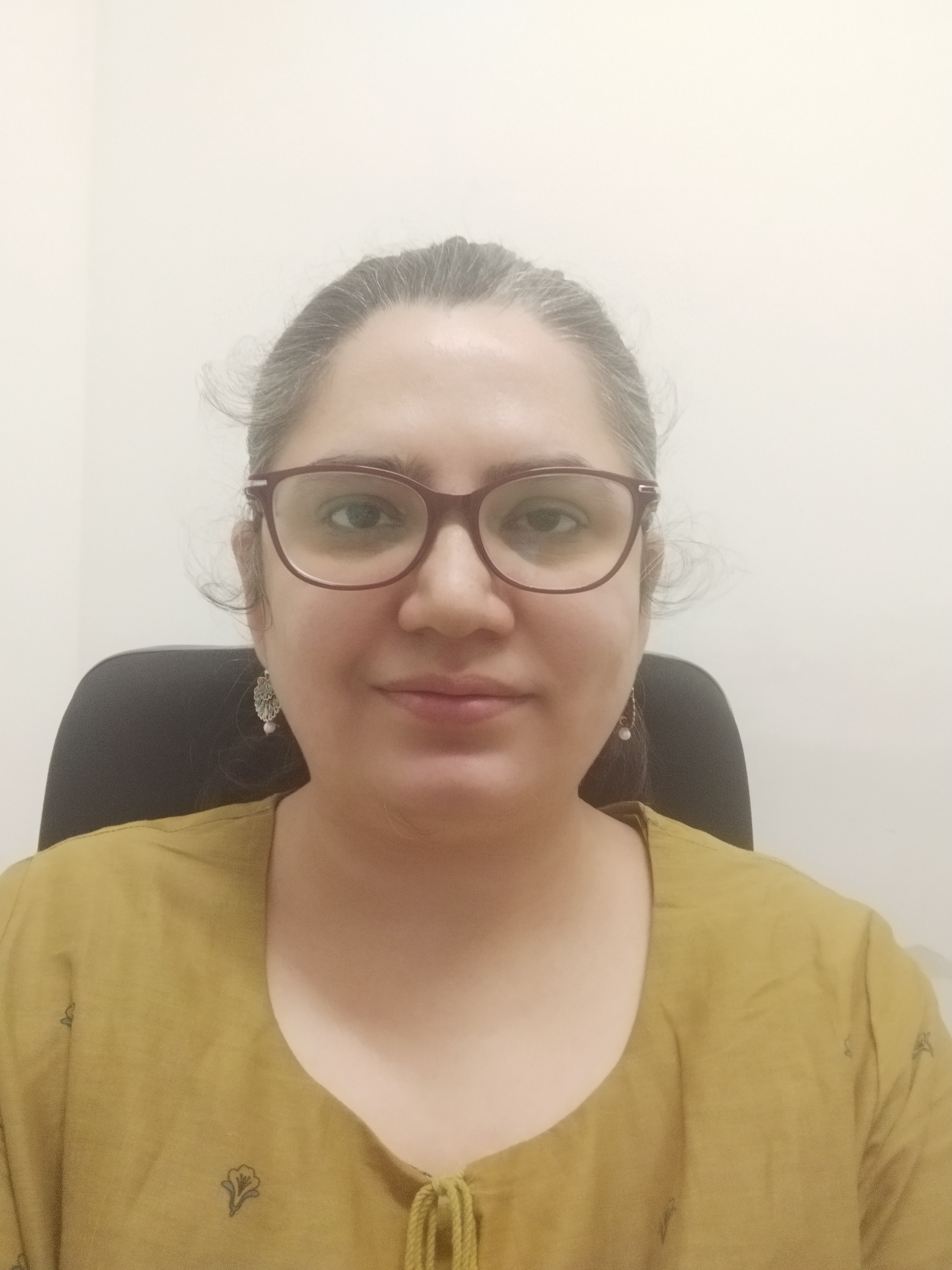
.jpg)
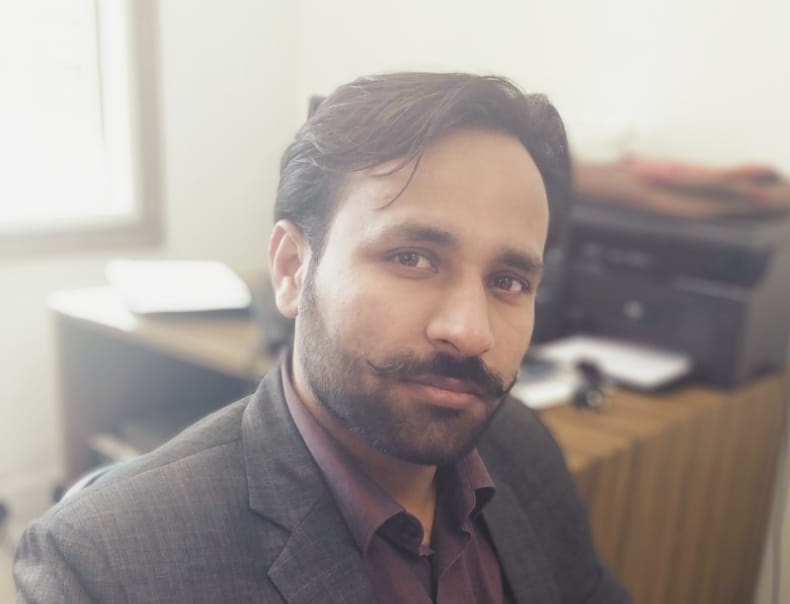
.jfif)
.jpg)
